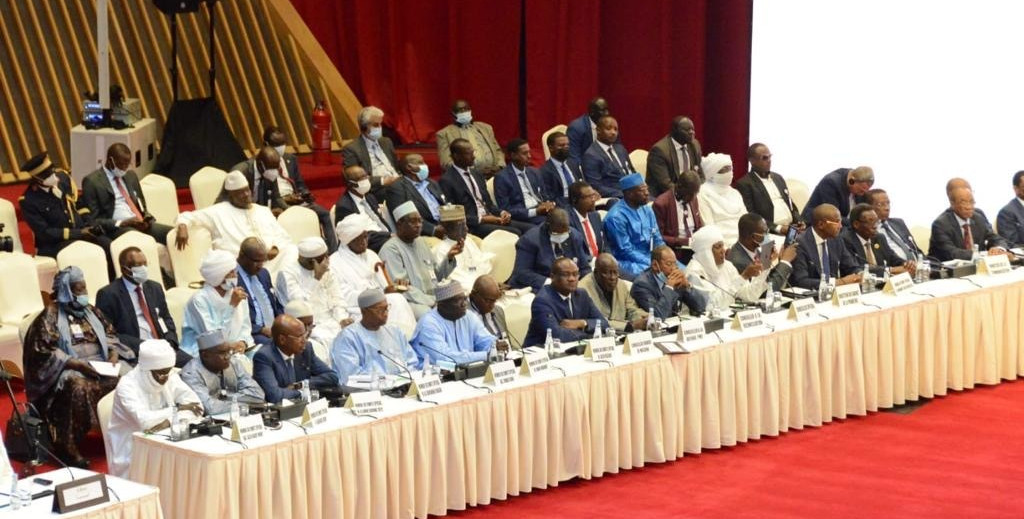The Gulf state has been hosting preparatory talks between conflicting Chadian sides since 13 March.
Chad rebels have reportedly threatened to withdraw from peace talks in Qatar citing N’Djamena’s “provocations and attempted aggression”, AFP reported on Saturday.
The armed groups were scheduled to take part in preparatory talks in the Qatari capital where more than 40 opposition groups have been attempting to come to an agreement since 13 March.
In a joint statement, the rebels accused the Chadian government of coordinating with “agents provocateurs” to stall the ongoing talks “through harassment and intimidation, provocations and attempted aggression with a view to creating physical incidents”.
The groups added that they “reserve the right to suspend their participation or withdraw from the talks”, while stressing their “desire to reach a peace accord”.
Meanwhile, the Chadian government dismissed the rebel groups’ claims, stressing that the “negotiations are advancing well, each party has to take a step towards the other.”
“Why would we sabotage a dialogue which we ourselves wanted,” government spokesman Abderaman Koulamallah told the news agency.
The talks in Qatar aim to break a political deadlock in Chad by paving the way for long-promised, free and transparent elections. The Gulf state was named an official mediator at the negotiations following an unanimous agreement by parties involved.
The President of Chad’s Transitional Military Council (TMC) Mahamat Idriss Deby Itno had hoped that the talks would also pave the way for a new constitution.
The current TMC leader had named a 40-member transitional government in May that was set to remain in office until the end of 2022. He also formed the 93-member interim parliament in September, the National Transitional Council (NTC).
This came after he assumed power following the death of his father, former President Idriss Deby, who was killed on 20 April 2021. The former leader was killed during intense fighting between government and rebels from the Libya-based Front for Change and Concord in Chad (FACT) group.
Negotiations in Doha complement the inclusive Chadian national dialogue, which has been stalled due to a failure to come to an agreement over differences. The national talks have once again been postponed after previously being scheduled to take place on 10 May.
The initial date was 27 February.
Last week, the Qatari mediator reportedly withdrew a draft peace agreement that was handed over to all delegations at the talks. Two opposition sources told Al Araby Al Jadeed that the mediator will submit another proposal, without mentioning a specific date.
Sources had told the Qatar-based media outlet that the rebel groups disagreed with the proposal’s vision, which entailed its disarmament. Instead, the opposition believes that the disarmament should take place along with the formation of a national army and under an elected government.
Before the latest dialogue in Doha, Qatar had sponsored the signing of the “Doha Accord”, also known as the “Darfur agreement”, between Khartoum and N’Djamena in 2009.
A Doha-facilitated agreement, co-sponsored with Libya, was also signed amid tensions between Sudan and Chad in 2008. At the time, Sudan and Chad exchanged accusations over supporting rebel attacks inside their territories.
Chad’s political turmoil
Chad has witnessed rising tensions between conflicting sides since the killing of the former leader.
Chadians have also demanded a civilian-led transition among the political ranks, as rights groups, including Human Rights Watch (HRW), expressed concern over a worsening human rights situation in the country.
“Chad’s allies should tell him [Deby] that the military council; should reverse course, respect and protect Chadians’ right to peaceful protest,” said HRW in April.
HRW noted the current 38-year-old ruler has reportedly been carrying out arrests of dissidents and threatening critics across the country, claims that have been denied by Deby’s ministers.







